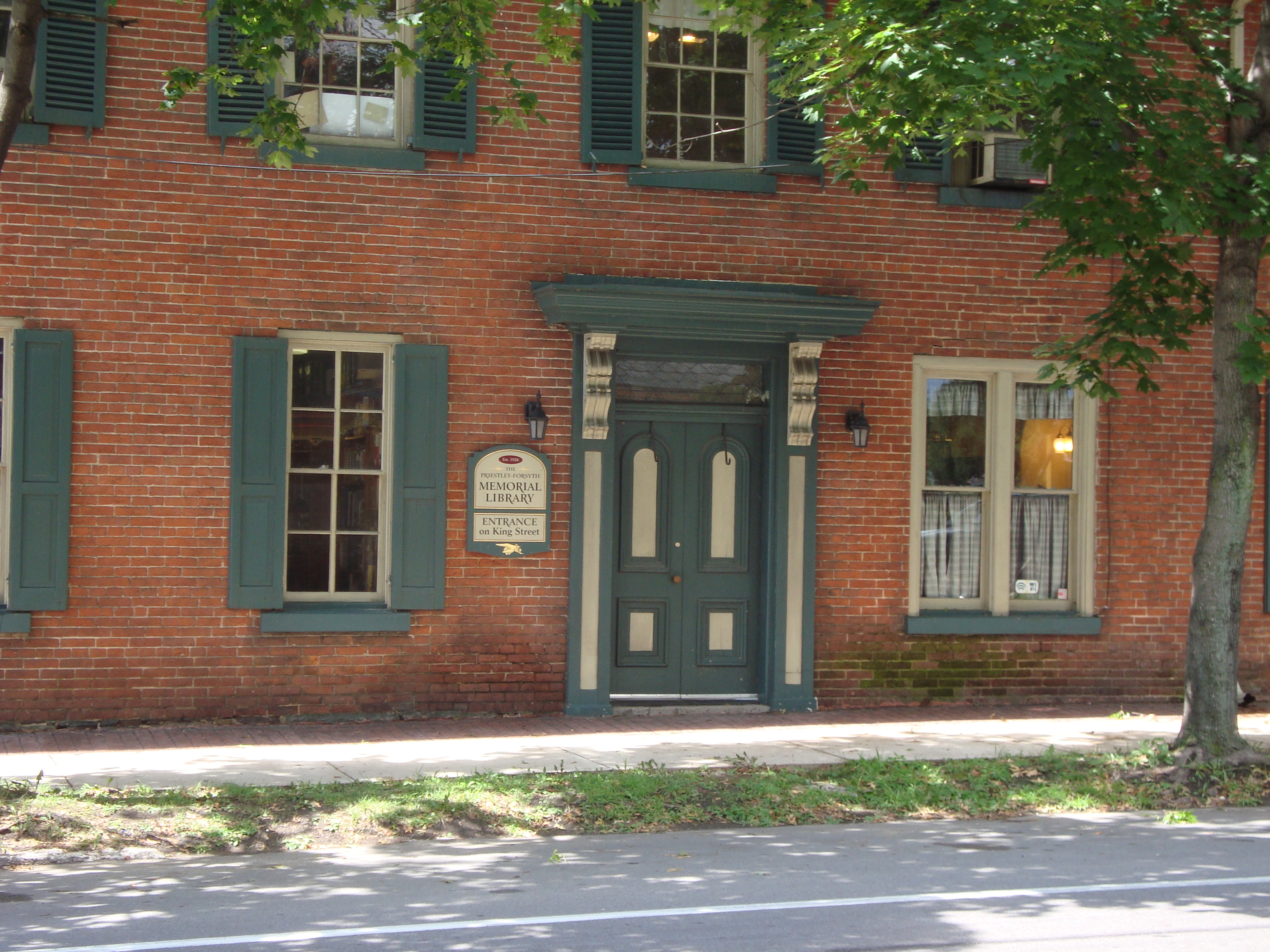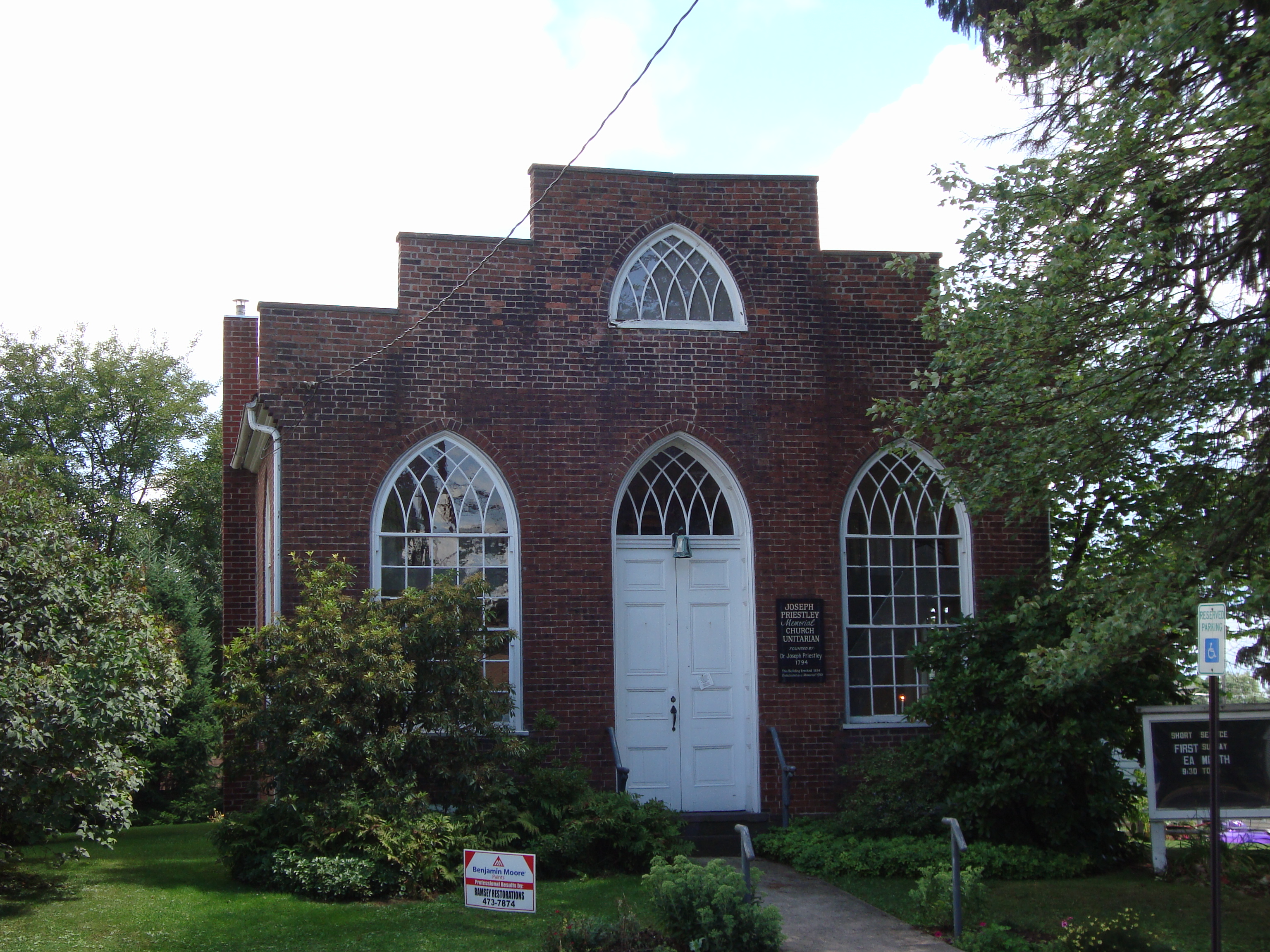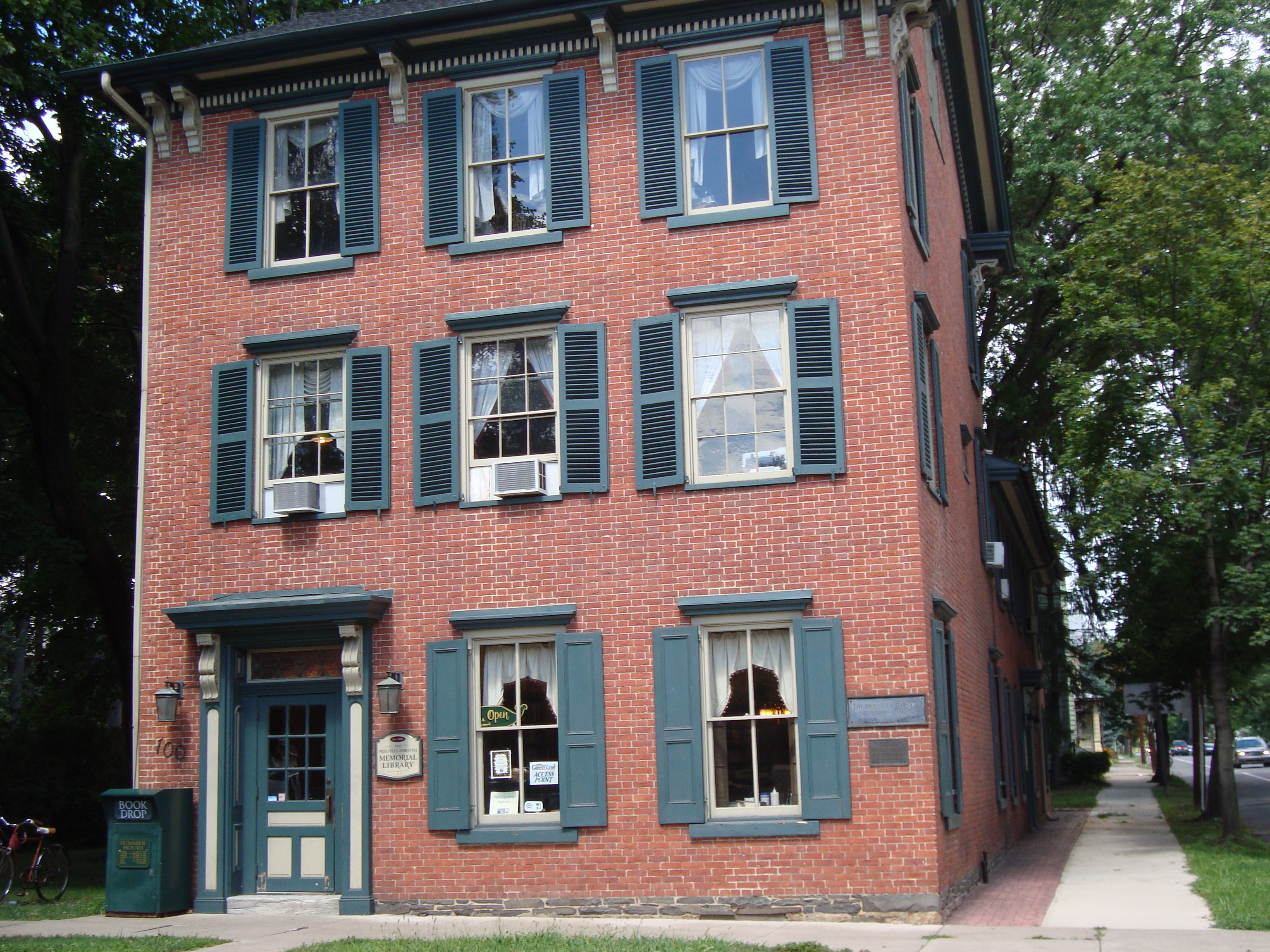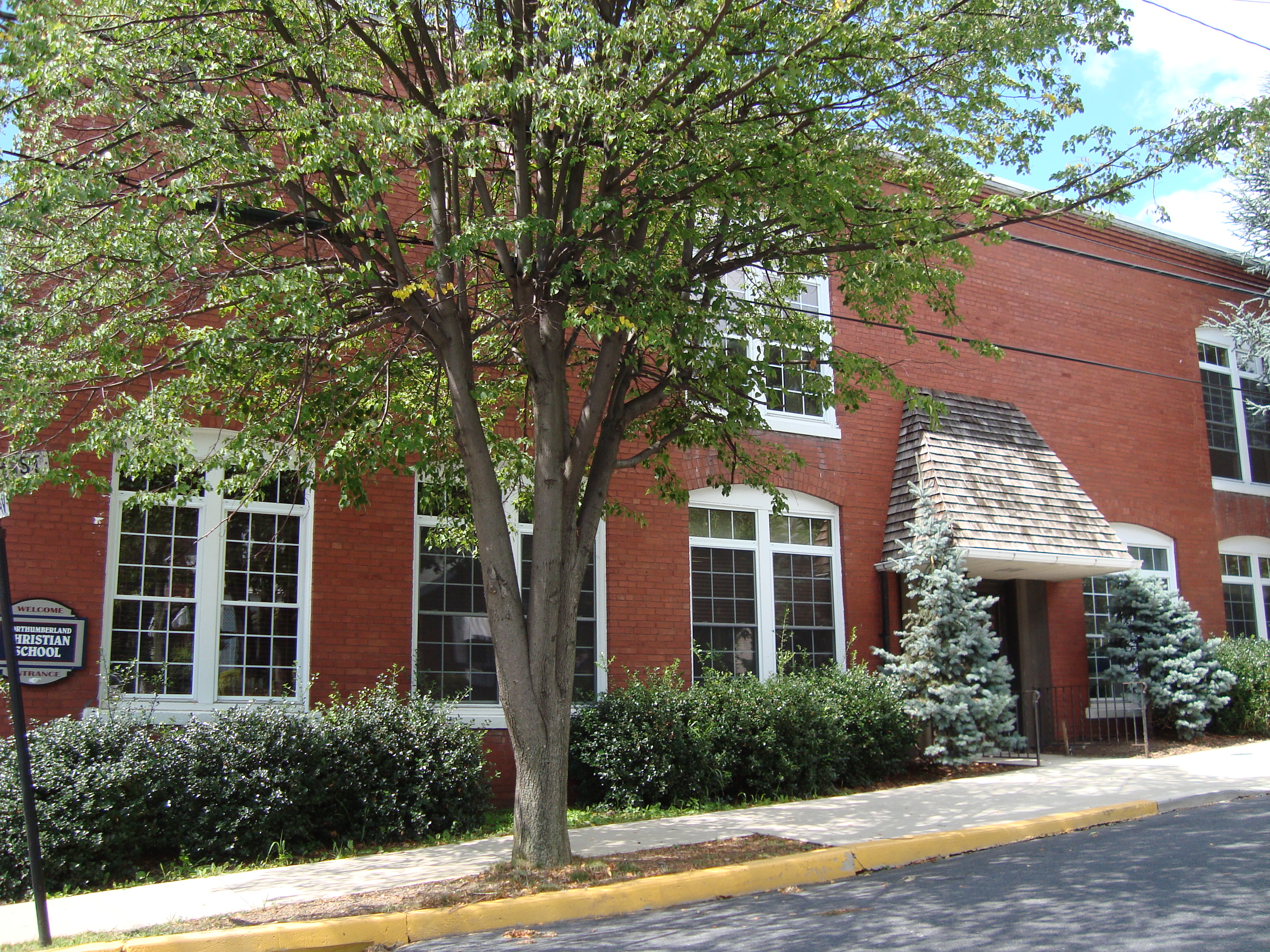|
In 1794, the Whiskey Rebellion incited members of Northumberland to protest and join the cause, as whiskey was a huge economic resource. The Whiskey Rebellion in Northumberland was, like all other instances, quickly put to a halt. Notwithstanding this brief period of discontent, the town began to develop quickly. In 1795, it established its first post office, and by 1796, the town had over 100 houses. This considerable growth in population helped Northumberland become one of the most productive towns in Northumberland County, and in the years to come, a number of businesses sprang up.
In 1800, John P. De Grunchy opened a distillery, and Barnard Hubley founded a local brewery of moderate success. In 1827, David Rogers and a Mr. Shannon established the town’s first iron foundry. The year of 1853 saw the establishment of A.H. Stone’s agricultural works, 1866 saw the emergence of an iron and nail works, and Chamberlain, Frick, and Company constructed a lumber mill in the northern part of the borough in 1867. The invention of the automobile brought about the Northumberland Car Works in 1872. Additionally, the town had a multitude of other businesses, including, but not limited to, a hat factory, four tanneries, chair making shops, blacksmithing, wagon and cabinet makers, and flour mills. Lastly, a number of hotels became established during this period, such as the First Hotel, the Washington House, and the Van Kirk House.
The advent of the railroad also opened a number of doors for Northumberland as well as making it more accessible to other locales. In 1855 the Philadelphia and Erie railroad opened to Northumberland and passenger travel to Williamsport was established. Lackawanna and Bloomsberg then opened to travel in May 31, 1860, and 1883 saw the opening of railroads to Shamokin, Sunbury, and Lewisburg.
As for education, the town saw the establishment of the Northumberland Academy in 1803 with the help of local chemist, political theorist, and religious thinker Joseph Priestly. Also, a public school system was established in 1834, expanding the town’s educational potential.
Northumberland also has a wide variety of architectural influences. Click here for more information.
Above Information taken from Herbet C. Bell (see bibliography)
Back to Home Page
|



